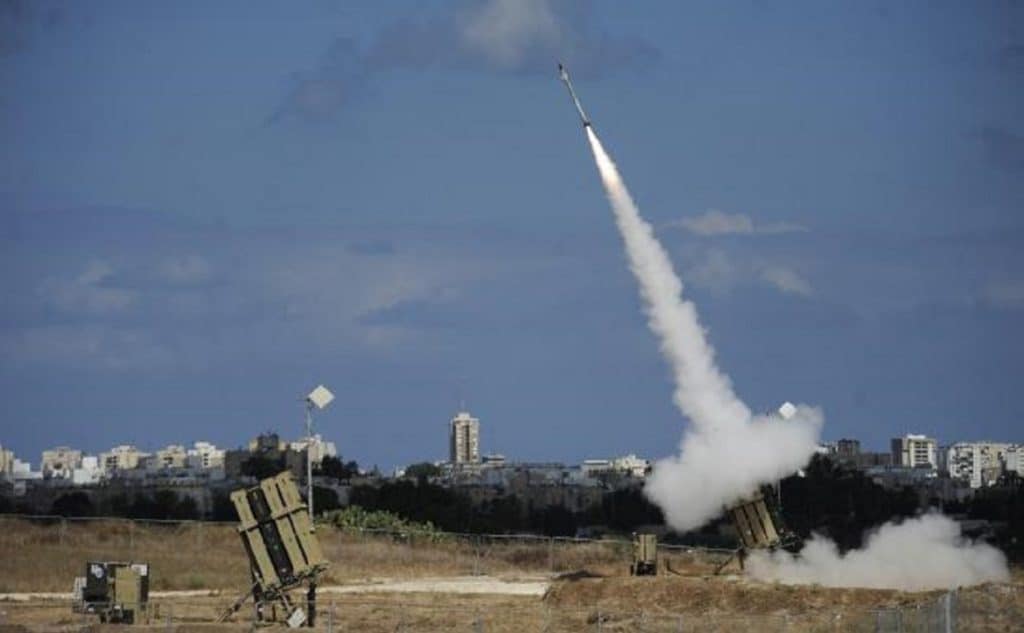By Denis Korkodinov
One result of attacks on Saudi oil facilities was the discovery of the extreme vulnerability of Riyadh’s air defense. However, the most important thing is that after these attacks a cardinal shifts can occur in the entire geopolitical system of the Middle East.
It is worth noting that the national defense systems of almost all the states of the Middle East region as a result of attacks on the Aramco refineries in Saudi Arabia required urgent modernization. This is primarily due to the protection of strategically important facilities, the threat of destruction of which can cause irreparable harm on a national and global scale. In fact, anti-Saudi attacks have confirmed that no state is safe from such attacks.
Tehran denies any involvement in the incident, but it seems to have a certain interest in demonstrating to the international community the seriousness of its intentions to protect its interests by any means. In this regard, the regional geopolitical picture can be supplemented by new alliances of states with the goal of confronting Iran.
First of all, an alliance can be created between Saudi Arabia and Israel only because Israel has the Iron Dome air defense system, which is considered one of the most invulnerable. The prospect of acquiring Russian S-400 systems for Riyadh is fraught with a number of difficulties, which are associated primarily with potential sanctions by Washington.
Thus, the Saudis are unlikely to cooperate with Moscow on this issue, or at least it will try to acquire the S-400 through third countries so as not to attract the attention of the White House administration. Meanwhile, the statement by Donald Trump that the United States is too busy to participate in Saudi problems can push Riyadh to the most unexpected things.
The Saudis are interested in Tel Aviv providing them with guarantees of full protection against external threats. For this reason, the kingdom is ready to significantly reduce its support for the Arab population of Israel so as not to annoy the Israeli leadership once again. In addition, Riyadh is ready to generously give Tel Aviv money, which, against the backdrop of the newly created coalition government in Israel, can be used as an argument to strengthen the position of the Likud party.
Under the circumstances, the Saudi-Israeli alliance does not seem fantastic.
In any case, in February 2019, during the Warsaw Summit on the Middle East, Riyadh publicly expressed its intention to have friendly relations with Israel. In turn, this significantly complicates the dialogue between the Saudis and Palestine, which considers itself to be offended by the actions of Riyadh. In this regard, Palestinian leaders can begin to search for new allies among those countries with which Saudi Arabia is not inclined to be friends. This creates an exceptional opportunity for Iran to influence the Palestinians in order to conclude a defensive agreement. Such a development of events testifies to the almost complete transformation of the geopolitical system of the Middle East.
(The views expressed in this article belong only to the author and do not necessarily reflect the views of World Geostrategic Insights)
Image Credit: AFP







